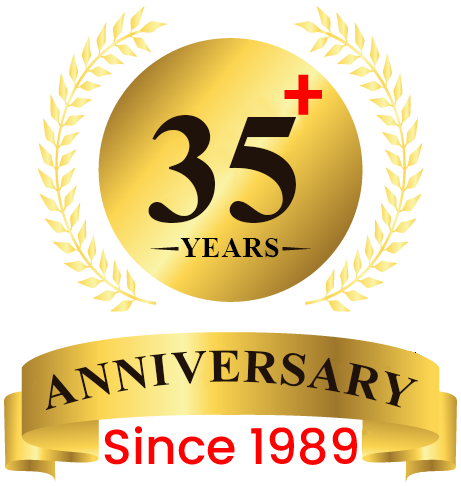
Why landlords should file form 1099-NEC
Section 199A Safe Harbor
IRC Section 199A provides a deduction for up to 20 per cent of your net rental income from any rental that you conduct as a trade or business.
Because it is difficult to determine whether you are conducting a rental as a trade or business rather than as an investment property, the IRS allows you to use a Section 199A safe harbor if you meet all the following criteria:
- You maintain separate books and records
- You perform 250 or more hours of rental services
- You maintain contemporaneous records of such services
- You attach a statement to a timely filed return.
Here is an example: say you are netting $20,000 in rental income after factoring in cash expenses and depreciation. The maximum 199A deduction will be $4,000 or a tax savings of $960 if you are in a 24 percent bracket.
But if you are claiming an exemption from filing 1099-NECs because you are not conducting a rental trade or business, then you may be disqualifying yourself from this safe harbor.
The IRS acknowledges this point by adding the following to the preamble to the Section 199A final regulations.
Taxpayers should consider the appropriateness of treating a rental activity as a trade or business for the purpose of Section 199A, particularly if they do not comply with the return filing requirements under Section 6041.
It should be noted that this safe harbor applies only to IRC Section 199A and, therefore, should not be determinative to whether a renal meets the standard of a trade or business under Section 6041.
In fact, the Comprehensive 1099 Taxpayer Protection and Repayment of Exchange Subsidy Overpayments Act of 2011 specifically repealed the 1099 reporting requirements imposed on small rental property owners by the Small Business Jobs Act of 2010.
Here is an excerpt from the lawmakers explaining the repeal.
Under this provision, recipients of rental income from real estate who are not otherwise considered to be engaged in a trade or business of renting property are exempt from the same information reporting requirements as taxpayers who are deemed to be involved in a trade or business.
As a result, rental income recipients making payments of $600 or more to a service provider in the course of earning rental income are not required to provide an information return (typically Form 1099-MISC [now 1099-NEC]) to the IRS and the service provider.
Although you may make a reasonable argument to claim the 199A safe harbor while not filing 1099s, filing 1099s can help you assert that your rentals rise to the level of a trade or business.
This will ultimately aid you in a potential fight with the IRS regarding information reporting requirements, addressing the larger issue of potential liability for backup withholding.
Ultimately, it may come down to a cost-benefit analysis. If your rentals aren’t generating significant taxable income and, therefore, aren’t generating a 199A deduction, it may not be worth claiming the safe harbor.
De Minimis Safe Harbor
The IRS de minimis safe harbor election allows landlords without audited financial statements to deduct repairs and maintenance that would otherwise require capitalization and depreciation over 15 to 27.5 years.
The de minimis safe harbor election permits you not to capitalize such repairs but instead treat these expenses as trade or business deductions under IRC Section 162. If you qualify under the safe harbor, you can deduct up to $2,500 per invoice or per item listed on the invoice.
For instance, say you are making some routine repairs and replacing some kitchen appliances. The total cost is $15,000, with none of the items on the invoice exceeding $2,500. By making the minimum safe harbour election, you can deduct the entire $15,000 in the current year rather than depreciating the repairs over several years.
This is especially helpful given the fact that capitalized improvements to residential property generally do not qualify for bonus depreciation, and even if they did, bonus depreciation is down to 40 percent at the moment.
Note: The new tax law passed in the U.S. House of Representatives would allow 100% bonus depreciation for qualifying property acquired on or after January 20, 2025, and before January 1, 2030. The new law would continue as before but with 100 percent, it would also, as before, not allow bonus depreciation on a residential rental property.
If you claim that you do not conduct your rental activity as a trade or business, then you would not be able to deduct such de minimis expenses under IRC Section 162. Given the minimal cost of compliance, it may be worthwhile to issue 1099-NECs, especially when it comes to a good number of repairs.
BergerCPAFirst, with over 30+ years of experience, offers comprehensive tax preparation services for individuals and businesses nationwide. Our commitment is to provide personalized attention while ensuring compliance and maximizing tax benefits. If you have any questions or would like to schedule a consultation, please call (201) 587-9200 or send us an inquiry.

 Client Login
Client Login





